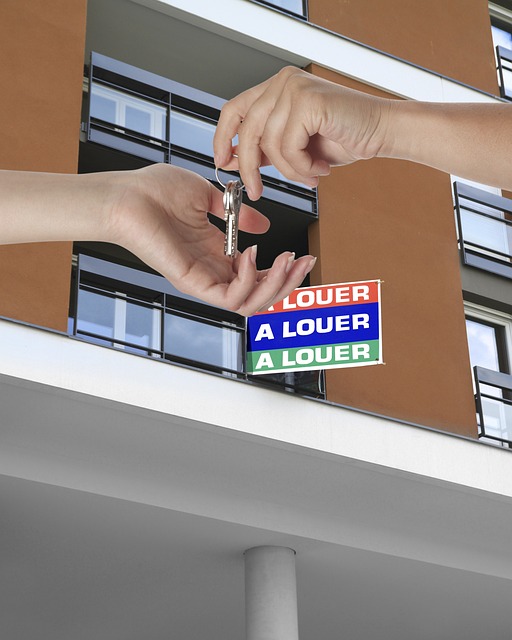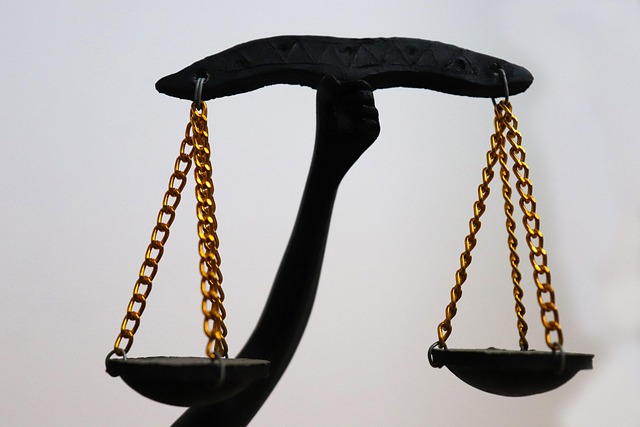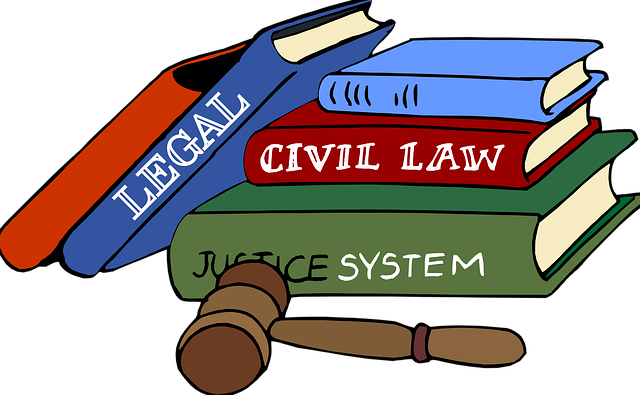Rental property mold poses significant health risks and legal obligations for tenants and landlords. Tenants have the right to live in safe conditions, free from mold growth, and must notify landlords immediately of any issues. Landlords are responsible for regular inspections, prompt action on moisture problems, and effective remediation strategies to avoid tenant mold complaints. Neglecting these duties can lead to legal consequences, including fines, liability, and strained tenant-landlord relationships. Both parties should understand their rights and responsibilities regarding mold in rental homes to prevent and manage legal mold issues effectively.
Mold Lawsuits in Rental Housing: A Comprehensive Guide
Rental property mold is a pressing issue that can significantly impact tenants’ health and well-being. This comprehensive guide explores the intricate world of mold lawsuits involving rental housing. We delve into the rights of tenants affected by mold, the responsibilities of landlords, and practical steps for navigating these disputes. Understanding the legal implications of mold in rental homes is crucial, as it can prevent potential lawsuits and ensure fair practices for both parties. From recognizing tenant rights to learning landlord obligations, this article equips readers with essential knowledge in the face of this growing concern.
- Understanding Rental Property Mold: A Comprehensive Overview
- Tenant Rights and Legal Protections Against Mold in Rental Homes
- Landlord Responsibilities for Addressing Mold Issues
- Navigating Tenant Mold Complaints: Steps to Take
- Legal Implications and Potential Consequences of Ignoring Mold Problems
- Strategies for Preventing and Resolving Mold-Related Disputes
Understanding Rental Property Mold: A Comprehensive Overview
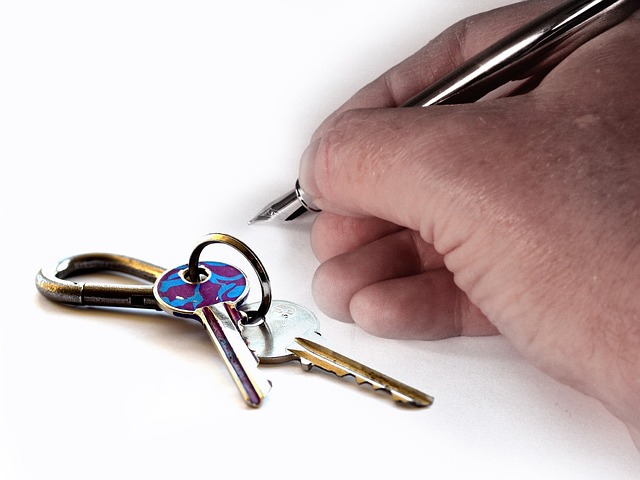
Rental property mold has become a significant concern for tenants and a complex legal issue for landlords. When it comes to rental property mold, every detail matters. Tenants have the right to live in safe and healthy conditions, free from hazardous mold growth that can lead to various health issues. According to research, prolonged exposure to mold in rental homes is linked to respiratory problems, allergies, and even neurological disorders.
Landlords are responsible for maintaining their properties and ensuring a habitable environment. This includes regular inspections, prompt addressing of water leaks or moisture issues, and effective remediation strategies when mold is detected. However, when tenants raise tenant mold complaints, the legal implications can be far-reaching. Understanding tenant rights mold and landlord responsibilities mold is crucial for both parties to prevent and effectively manage such legal mold issues.
Tenant Rights and Legal Protections Against Mold in Rental Homes

Tenants have specific rights and protections when it comes to mold in their rental homes. If a tenant discovers mold growth in their unit, they should immediately notify their landlord or property manager. This is a crucial step as it initiates the process of addressing the issue. Many states have laws that mandate landlords take prompt action to mitigate mold problems once informed by the tenant.
Tenants can also seek legal counsel and file complaints if their landlord fails to rectify the situation or refuses to communicate effectively. Legal mold issues in rental housing cases often revolve around negligence, breach of lease terms, and violations of health and safety regulations. Tenant rights organizations and legal aid societies may offer guidance and support for those facing such situations, ensuring that both tenants and landlords understand their responsibilities regarding mold in rental homes.
Landlord Responsibilities for Addressing Mold Issues
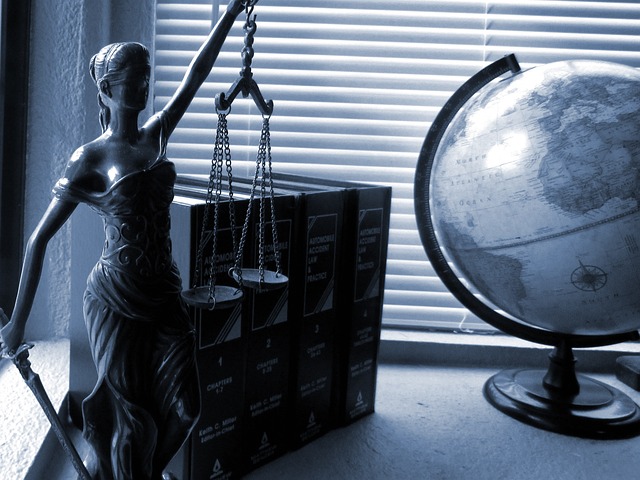
In the context of rental housing, landlords have a legal responsibility to maintain safe and habitable living conditions for their tenants. This includes addressing any issues related to mold growth in a timely manner. Rental property mold can pose significant health risks, particularly for individuals with respiratory conditions or allergies. When tenants report mold complaints, landlords must take immediate action to inspect the property, identify the source of moisture, and begin remediation processes. Failure to do so could lead to legal consequences.
Tenant rights regarding mold are protected by various consumer protection laws and health regulations. If a tenant discovers mold in their rental home, they have the right to inform the landlord promptly and request necessary repairs. In cases where the landlord neglects or fails to address the issue adequately, tenants can file formal complaints with local health departments or seek legal advice regarding potential legal mold issues. Such actions are crucial steps for tenants to ensure their safety and hold landlords accountable for their responsibilities.
Navigating Tenant Mold Complaints: Steps to Take

Navigating Tenant Mold Complaints: Steps to Take
When it comes to rental property mold, addressing tenant rights mold and landlord responsibilities mold is crucial for both parties involved. Tenants have the right to live in a safe, healthy environment free from mold growth, which can cause significant health issues. If tenants notice signs of mold in their rental homes, they should promptly inform their landlord or property manager through written communication, documenting any evidence with photos and detailed descriptions.
To effectively handle legal mold issues, landlords must take immediate action upon receiving a tenant’s complaint. This involves conducting thorough inspections, identifying the source of moisture, and implementing remediation strategies in accordance with local regulations. Regular maintenance checks and prompt responses to tenant concerns can prevent small issues from escalating into costly legal battles. Open communication channels ensure that both tenants and landlords are informed about progress and expectations throughout the process.
Legal Implications and Potential Consequences of Ignoring Mold Problems

Ignoring mold problems in rental properties can have severe legal implications and potential consequences for landlords. When tenants raise concerns about mold in their rental homes, landlords are legally obligated to address these issues promptly. Failure to do so may result in tenant complaints, which could escalate into legal mold issues. Tenants have rights when it comes to safe and healthy living conditions, and these rights are often protected by local and state laws.
Landlords who neglect the presence of mold can face a range of legal consequences. These may include fines, orders to remediate the issue, and even potential liability for damages or health issues suffered by tenants. Tenant mold complaints should not be taken lightly, as they indicate a serious problem that requires immediate attention. Proactive management and regular inspections are key strategies for landlords to prevent legal mold issues and maintain positive relationships with their tenants.
Strategies for Preventing and Resolving Mold-Related Disputes
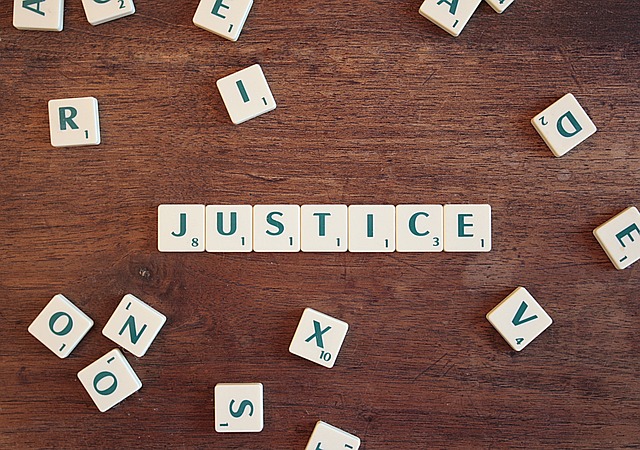
Preventing and resolving mold-related disputes in rental housing involves a multi-faceted approach. Landlords have a responsibility to maintain safe and habitable living conditions, which includes proactive measures to prevent mold growth. This can be achieved through regular inspections, proper ventilation, and immediate addressing of any water leaks or moisture issues. Educating tenants about mold prevention practices and providing clear guidelines for reporting potential mold problems is also crucial. Regular communication and transparency between landlords and tenants can help foster a collaborative environment, reducing the likelihood of legal disputes.
When mold-related issues do arise, efficient resolution is key. Landlords should respond promptly to tenant complaints by conducting thorough inspections, identifying the source of moisture, and implementing appropriate remediation strategies. Keeping tenants informed throughout the process demonstrates good faith efforts to resolve the issue. In some cases, mediation or alternative dispute resolution methods may be beneficial in reaching mutually agreeable solutions without escalating to legal mold issues. Understanding tenant rights regarding mold and landlord responsibilities is essential for navigating these disputes effectively.

